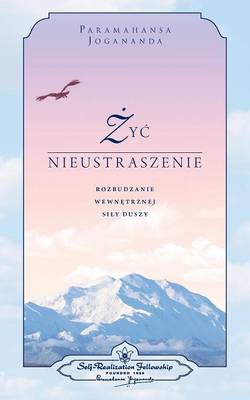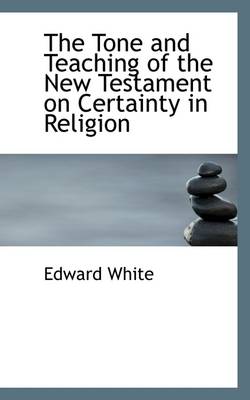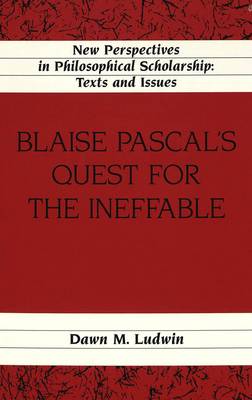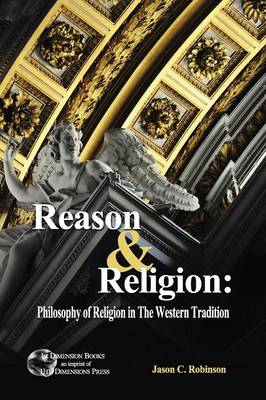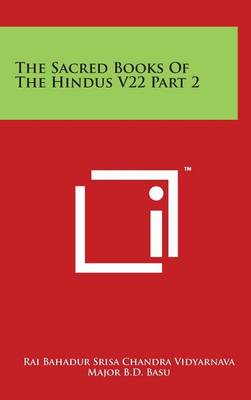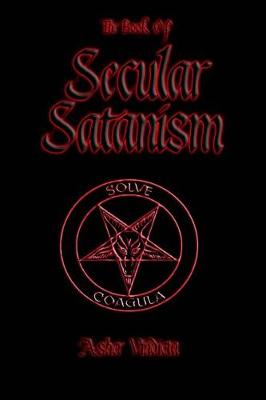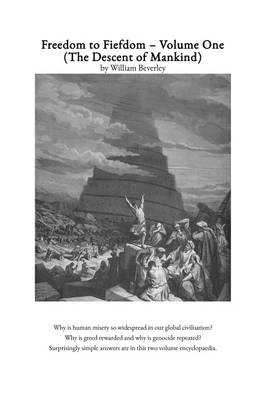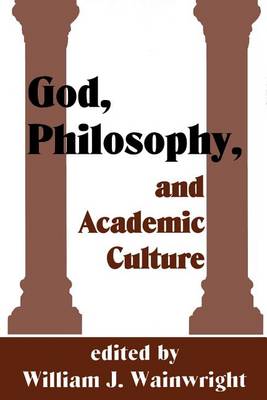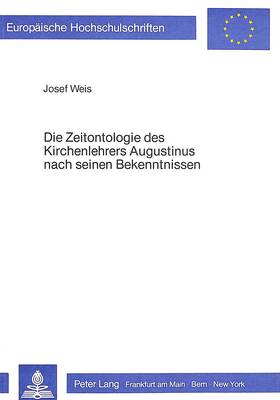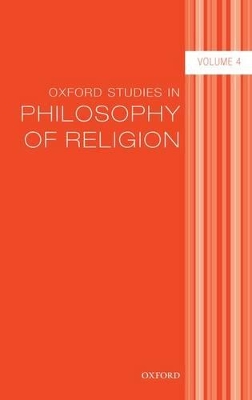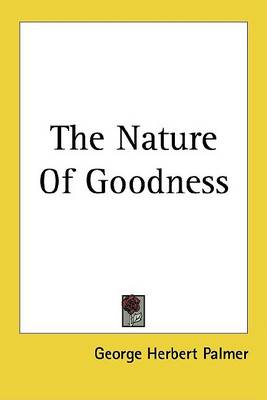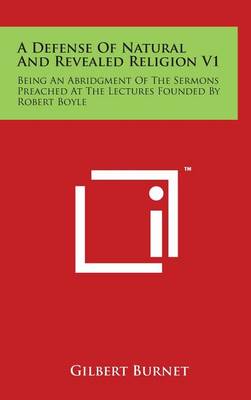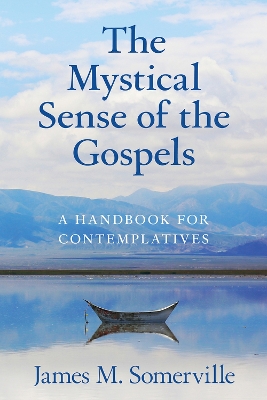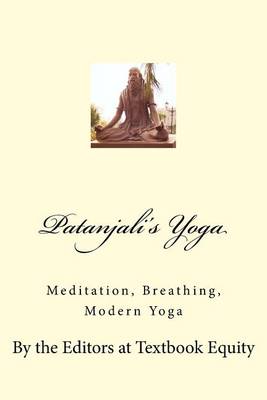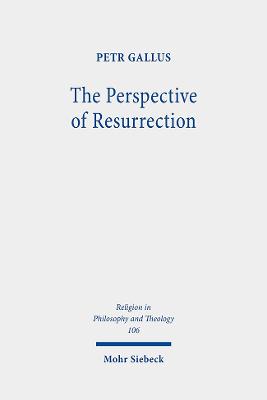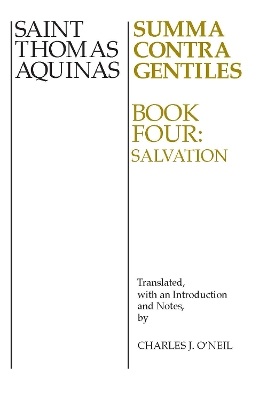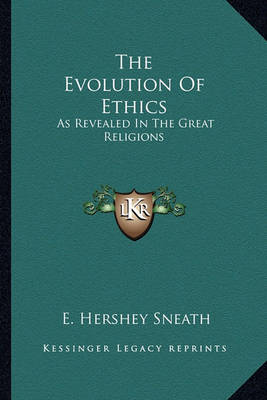The Tone and Teaching of the New Testament on Certainty in Religion
by Edward White
The Sacred Books of the Hindus V22 Part 2
by Rai Bahadur Srisa Chandra Vidyarnava
Dumont on Religion (Key Thinkers in the Study of Religion)
by Ivan Strenski
Louis Dumont was a prominent anthropologist and sociologist whose work - notably on Indian society - influenced the study of religion. 'Dumont on Religion' introduces Dumont's work on kinship studies, structural theory, and his views on idealism. Subjects of particular interest to students of religion are highlighted, including Dumont's concepts of the sacred and profane, pure and impure, transcendence, values and hierarchy. The book also presents the ethical implications of Dumont's ideas and h...
God, Philosophy and Academic Culture (AAR Reflection and Theory in the Study of Religion)
A striking feature of the current philosophical scene is the division between those philosophers of religion primarily associated with the American Philosophical Association and those primarily associated with the American Academy of Religion. This difference is loosely correlated with two others: the comparative dominance of analytic philosophy in the APA and of hermeneutical philosophy in the AAR, and the greater visibility of traditional theists in the APA. In this book eight prominent philos...
Die Zeitontologie Des Kirchenlehrers Augustinus Nach Seinen Bekenntnissen (Europaeische Hochschulschriften / European University Studie, #135)
by Josef Weis
Die Frage nach dem Sein der Zeit geht bei Augustinus zuruck auf die Frage nach dem Sein dessen, worin sich Zeit findet, namlich des Menschen: Tempus est distentio animi; Aus dieser Grunderkenntnis entwickelt Augustinus die weitere Feststellung: Tempus est affectio animi - die Zeit ist Erfulltheit des Geistes. Am Ende seiner Untersuchung zeigt A., wie der Geist mit dem Instrument der Wahrnehmung die Erinnerung, Anschauung und Erwartung zu einem kognoscitiven Kontinuum ineinanderfugt. Anschliessen...
Theo-Monistic Mysticism (Library of Philosophy and Religion)
by Michael Stoeber
In response to some of the current explanations of mystic phenomena, this book proposes an interpretive framework for understanding mysticism. It clarifies various kinds of mystical experiences, suggesting they are not wholly determined by subjective categories of interpretation, and illustrates how they can be synthesized in a theistic, mystic teleology. In reference to Ramanuja, Aurobinodo, Sankara, Eckhart, Ruusbroec and Boehme, monistic experiences are understood to culminate in higher theis...
Oxford Studies in Philosophy of Religion Volume 4 (Oxford Studies in Philosophy of Religion)
Oxford Studies in Philosophy of Religion is an annual volume offering a regular snapshot of state-of-the-art work in this longstanding area of philosophy that has seen an explosive growth of interest over the past half century. Under the guidance of a distinguished editorial board, it publishes exemplary papers in any area of philosophy of religion.
This book helps readers pray and meditate as Jesus did. It opens up the gospel text so that one can see their mystical meaning. When Jesus speaks about hidden treasure, the pearl of great price, of seeking first the kingdom of heaven, he is talking about the contemplative path. "The Mystical Sense of the Gospels" is ideal for everyone interested in "praying always".
The Perspective of Resurrection (Religion in Philosophy and Theology, #106)
by Petr Gallus
For the Christian faith as well as its theology, the Easter confession of resurrection has always been the fundamental idea. Starting from this elemental perspective and following the notions of internal realism, semiotics and the postmodern paradigm, Petr Gallus reconstructs the central theological locus of Christology as ontological Christology. In so doing, the author examines the traditional Chalcedonian Christology, as well as many Christological concepts of the last decades, following it c...
The Summa Contra Gentiles is not merely the only complete summary of Christian doctrine that St. Thomas has written, but also a creative and even revolutionary work of Christian apologetics composed at the precise moment when Christian thought needed to be intellectually creative in order to master and assimilate the intelligence and wisdom of the Greeks and the Arabs. In the Summa Aquinas works to save and purify the thought of the Greeks and the Arabs in the higher light of Christian Revelatio...
